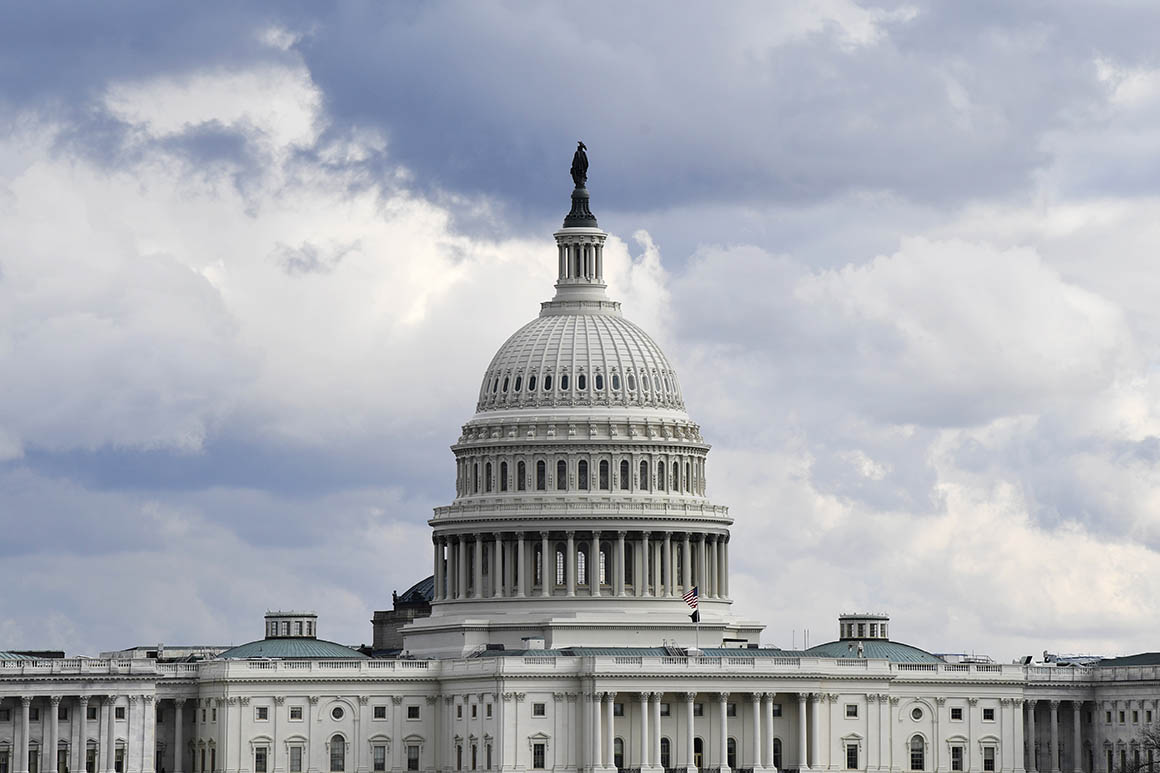By: Sabrina Rodriguez – politico.com – January 16, 2020
Democrats worked into the deal stronger labor enforcement provisions that will help ensure companies operating in Mexico boost workers’ rights and give the U.S. the power to punish them if they violate labor rights.
Some of the top labor changes that won over Democrats include provisions that will allow the U.S. to file complaints against Mexican factories suspected of violating workers’ union rights. The revised USMCA would allow the U.S. to be part of a multinational team that verifies whether factories are complying and can penalize them if they do not.
Mexico had to make significant concessions in order to land the deal — and that meant a series of intense and often heated talks with U.S. Trade Representative Robert Lighthizer.
Mexico was largely concerned certain proposals violated the country’s sovereignty, particularly a Democratic ask for the U.S. to be able to send inspectors to factories in Mexico suspected of not living up to their obligations. Mexico ultimately agreed to a toned-down version of that request.
Brown, who helped craft the labor enforcement language, acknowledged he doesn’t know how long it will take to see the effects of the deal, but he expects complaints will start coming in soon after the deal enters force.
Those early complaints — and how the U.S. responds to them — will “send a message to companies that this is the stuff that’s really going to be enforced. We want … the Mexican government to know that early,” Brown said.
The final deal was the product of almost six months of negotiations between the Trump administration and House Democrats to address prevailing Democratic concerns on the pact’s enforcement, environment, labor and pharmaceutical provisions.
Democrats succeeded in getting the Trump administration to drop a provision establishing a 10-year protection period for biologic drugs, which opponents say would have allowed drug companies to keep prices high. That change left some Republicans and business groups disappointed, but not enough to withdraw support for the deal.
Still, the deal is not expected to significantly increase trade within the region. The original NAFTA, which Trump has long regarded as the “worst trade deal ever made,” already eliminated most tariffs between the U.S., Mexico and Canada.
“It’s a modest upgrade from what we had before, but of course, Trump is overstating the deal. And he’s going to get away with overstating because Democrats want to oversell it on how they got all these improvements,” said Bill Reinsch, a trade expert with the Center for Strategic and International Studies.
“Everybody is overselling it,” Reinsch added.
The USMCA, which Trump has called “the best and most important trade deal ever made by the USA,” would raise U.S. GDP by $68.2 billion, or 0.35 percent, by the sixth year after it enters into force, according to the independent U.S. International Trade Commission.
Still, passage of USMCA is a big bipartisan win for Trump just days before his heavily partisan impeachment trial formally begins on Capitol Hill.
One of the biggest changes from NAFTA to USMCA that Trump has long touted is tighter rules on how North American autos and auto parts qualify for reduced tariffs. Those changes, which aim to increase car production within the region, will require that companies make significant and costly changes to how they make their cars. Auto manufacturers are being given three to seven years, depending on the type of car, to fully comply with the complicated new requirements.
To see this article and others from politico, click read more.
Source: Senate passes USMCA, but much work remains – POLITICO
 Listen Online
Listen Online Watch Online
Watch Online Find a Station in Your Area
Find a Station in Your Area









 Listen Now
Listen Now Watch Online
Watch Online
